Your Marketing Works—Now Make Sure Your Team Converts

Great marketing brings in leads. Great systems turn them into starts.
You’ve invested in your marketing. Your website is polished, your SEO is ranking, and your paid ads are driving traffic. But if your team—specifically your
Scheduling Coordinators and
Treatment Coordinators—aren’t trained to convert that interest into actual patients, you’re missing out on growth that could already be yours.
This is where operational consulting becomes critical. At Onboard Marketing Group, we help practices strengthen the systems that sit just behind the marketing. Because the truth is: no matter how great your marketing is, your return on inve
Scheduling Coordinators: The Voice of Your Practice
Your scheduling coordinator is often the first real interaction a potential patient has with your practice. That initial phone call sets the tone for the entire patient journey. In just five minutes, your front desk team member has the opportunity to make a lasting impression—one that either drives a patient to schedule… or pushes them to keep calling around.
Every new patient call should follow a proven process. Coordinators should be gathering key pieces of information, including how the patient heard about the practice (referral source), the intent behind the call (are they ready to book or just exploring?), and their level of interest in treatment. This insight not only helps with internal tracking, but also with refining your marketing strategy over time.
One of the most important metrics to track here is the call-to-exam ratio. In other words, how many calls are your scheduling coordinators converting into booked consultations? If that number is low, it doesn’t mean they aren’t working hard—it means they need training, structure, and coaching to improve their performance.
Treatment Coordinators: The Conversion Experts
Once a patient walks through your doors, it’s your Treatment Coordinator’s (TC’s) time to shine. This is the person who explains the treatment plan, discusses costs and financing, and most importantly—asks for the start. The TC has one of the most influential roles in the entire practice, yet few receive the sales training or support they need to reach their full potential.
A strong benchmark for Treatment Coordinators is an 85% conversion rate from consultation to treatment start. If your TC is converting below that, it’s not a reflection of their potential—it’s a signal that they need better tools, coaching, and follow-up systems.
And speaking of follow-up, let’s talk about OBS (observation) patients and pending starts. These are people who were interested enough to schedule a consult, but didn’t start treatment right away. Without a system in place for following up—via email, text, or a personal phone call—those leads can quietly disappear. Consistent, intentional follow-up is one of the easiest ways to boost starts without spending another dollar on marketing.
What Should You Be Tracking?
When we consult with orthodontic teams, one of the first things we ask is: “What metrics are you tracking?” Because if you’re not measuring performance, you can’t improve it.
Start with these key performance indicators (KPIs):
- Exam-to-call ratio – Are your scheduling coordinators converting inquiries into consultations?
- Conversion rate by TC – How many consults turn into treatment starts?
- Lead response and follow-up time – How fast is your team following up on form fills, voicemails, or pending treatment plans?
- Friday Phone campaigns – Are you using your slowest day to re-engage OBS and follow-up patients? What’s the return on that outreach?
These numbers offer valuable insight into where your systems are strong and where opportunities exist for growth.
The $1.5M Question
Let’s get real for a moment. If your TC could start just one more patient per day, what would that mean for your bottom line?
Consider this: 21 additional starts per month, at a conservative value of $6,000 per case, equals $126,000 in added production monthly. Over a year, that’s $1.5 million in growth, just from tightening the systems that support the patient experience.
And the best part? That kind of growth doesn’t require more marketing spend. It requires better conversion.
Conclusion: From Curiosity to Commitment
Marketing gets patients through the door. But it’s your team—and the systems supporting them—that turn curiosity into commitment. If you’re already investing in ads, SEO, and a great website, you owe it to your practice to make sure your team is equipped to convert the leads you’re working so hard to earn.
At Onboard Marketing Group, our consulting services focus on practical, high-impact improvements for Treatment Coordinators and Scheduling Coordinators. We offer real strategies that improve confidence, increase conversion, and help your team perform at their highest level.
Let’s work together to strengthen the systems behind your marketing.
Schedule a free discovery call to learn how we can help your practice grow—by unlocking the potential already inside your doors.










